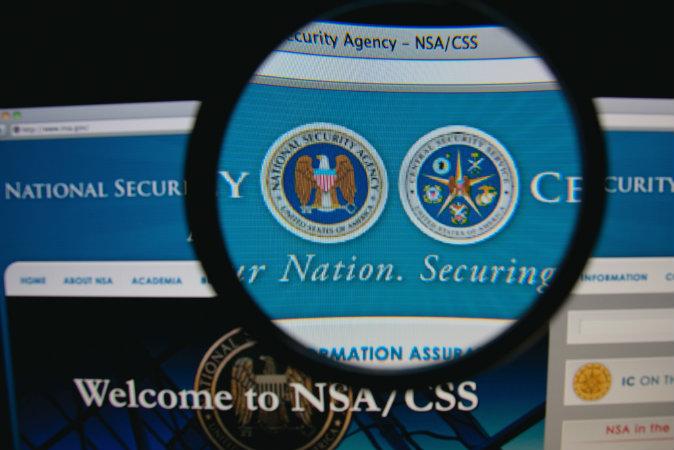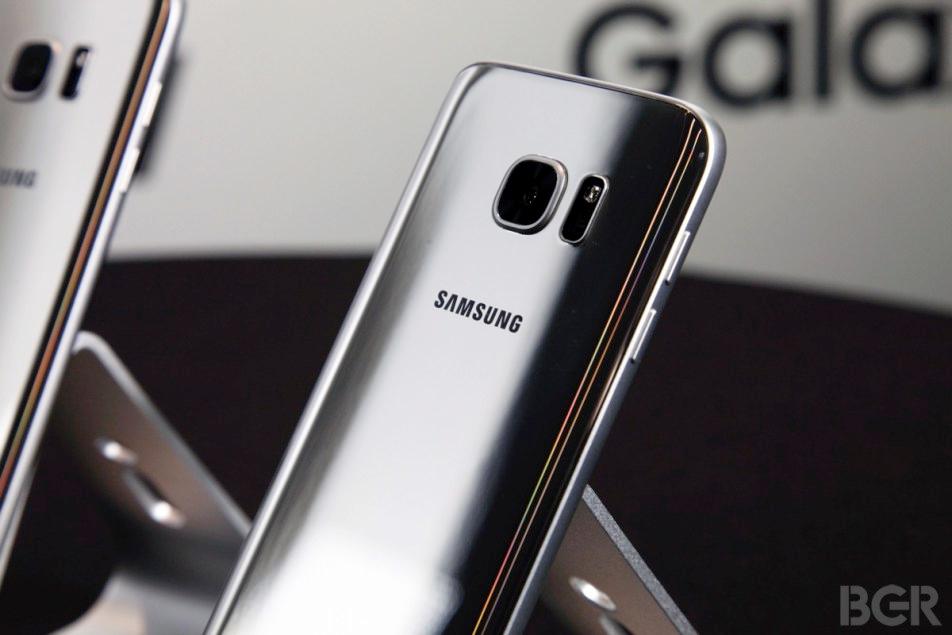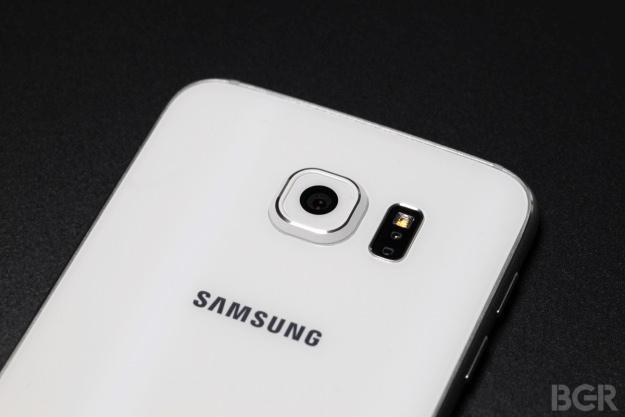In case you haven’t been following the news, the encryption wars are back and a huge Apple vs. FBI clash is the latest major conflict. The FBI wants access to the iPhone that belonged to one of the shooters in the San Bernardino massacre, and Apple is refusing to offer it.
But long before this week’s big battle, there was a debate over the role that encryption played in the deadly terrorist attacks in Paris last November. The NSA now says that the Paris attacks “would not have happened,” without encryption.
So does that mean the NSA can listen to everything except encrypted chats and communications?
DON'T MISS: The FBI has laid a clever trap for Apple
It’s NSA Director Adm. Mike Rogers who made these comments recently in an interview with Yahoo News. Rogers said that the terrorists used some encryption, which prevented the NSA from warning French officials in time.
“We did not generate the insights ahead of time,” because of encrypted communications, he said. “Clearly, had we known, Paris would not have happened.”
Rogers didn’t specify details about NSA’s spying operations related to ISIS and Syria. But these affirmations seem to further confirm that the NSA has a broad spying net in place ready to intercept communications and flag suspects. How else would it be able to prevent terrorist attacks like the ones in Paris?
Of course, we shouldn’t be surprised to hear that the NSA might be listening. And that’s really the thing you'd expect a spy agency to do in this day and age.
We should note that Rogers recently defended encryption, appearing to support tech companies rather than the government. But he also made us wonder whether his support of encryption actually means that the NSA has the means to already break some of it.
As Ars Technica points out, Rogers did defend encryption in his interview with Yahoo. But he did note that encryption does make it hard for the agency to do its job.




